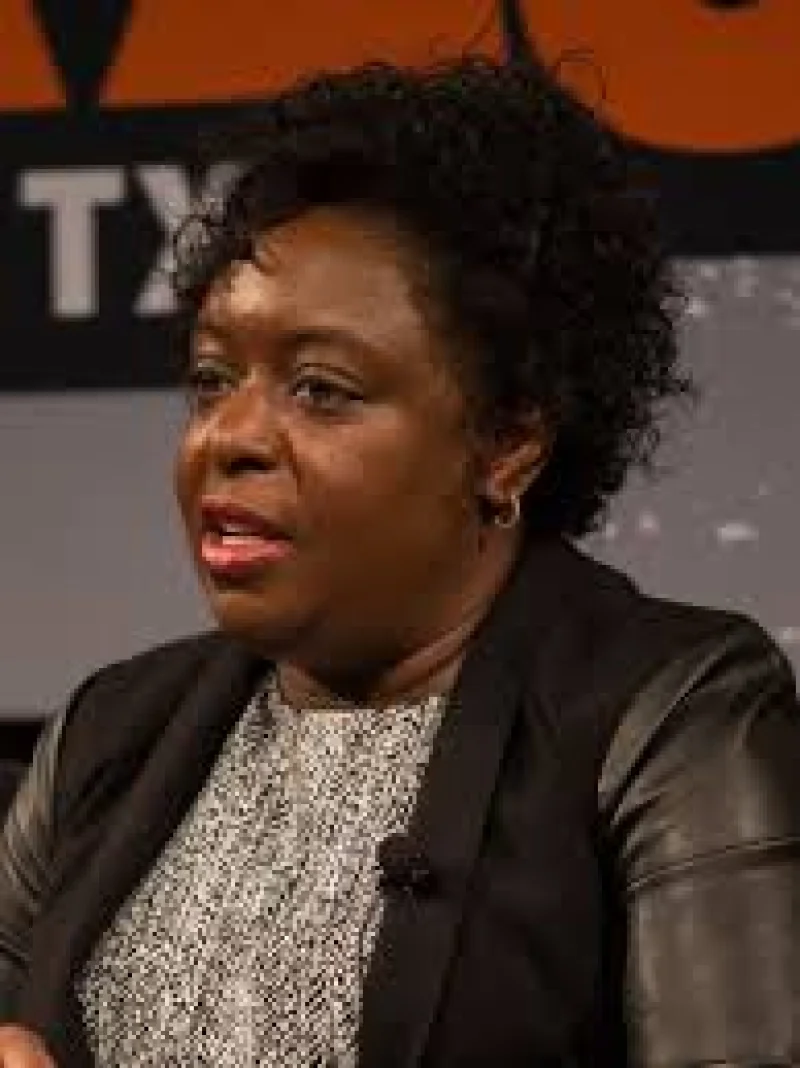Short Summary
Jane Goodall is a renowned British primatologist and anthropologist, celebrated for her groundbreaking research on chimpanzees in Gombe Stream National Park, Tanzania. Her work revolutionized the understanding of chimpanzee behavior and highlighted the close genetic and social connections between humans and chimpanzees. She is also a passionate advocate for conservation and animal welfare, founding the Jane Goodall Institute to support wildlife research, education, and environmentalism.
Early Life & Education
Born on April 3, 1934, in London, England, Jane Goodall developed a love for animals early in her childhood. Her father gave her a lifelike chimpanzee toy named Jubilee, sparking her fascination with primates. Growing up in Bournemouth, she avidly read books about animals and Africa, particularly inspired by the stories of Tarzan. Goodall attended Uplands School in Bournemouth and later worked as a secretary in Oxford. In 1957, she traveled to Kenya, where she met the renowned anthropologist Louis Leakey, who recommended her for the chimpanzee study in Tanzania.
Career Highlights
Goodall's career began with her groundbreaking research on chimpanzees in the Gombe Stream National Park in 1960. She made significant discoveries, including the use of tools by chimpanzees, challenging the prevailing belief that only humans made and used tools. This finding altered the scientific understanding of the relationship between humans and other primates. Goodall earned her Ph.D. in Ethology from the University of Cambridge in 1965, one of the few individuals allowed to pursue a doctorate without holding a bachelor's degree. Her work has expanded to conservation and advocacy, promoting sustainable development and environmental education worldwide.
Major Achievements
- Revolutionized primatology by discovering that chimpanzees use tools, altering the understanding of human uniqueness.
- Founded the Jane Goodall Institute in 1977, focusing on wildlife research, conservation, and education.
- Named a United Nations Messenger of Peace in 2002 for her dedication to environmental and humanitarian causes.
- Authored several influential books, including "In the Shadow of Man" and "Reason for Hope."
- Launched the Roots & Shoots program, inspiring young people to engage in environmental conservation.
Famous Quotes
- "What you do makes a difference, and you have to decide what kind of difference you want to make."
- "The greatest danger to our future is apathy."
Interesting Facts
- Jane Goodall initially named her study group of chimpanzees "the Gombe Stream Research Center."
- She was one of the first primatologists to give names to the chimpanzees she studied, rather than assigning them numbers.
- Goodall was appointed Dame Commander of the Order of the British Empire (DBE) in 2004.
- Her research continues to be one of the longest-running studies of wild animal behavior.
- In 1965, National Geographic aired a documentary, "Miss Goodall and the Wild Chimpanzees," bringing her work to a global audience.
Legacy / Influence
Jane Goodall's pioneering work transformed the field of primatology and deepened the scientific and public understanding of the kinship between humans and chimpanzees. Her lifelong dedication to conservation and animal welfare has inspired countless individuals and organizations to advocate for environmental sustainability. Through education and outreach, Goodall has empowered generations to take action for a better world.
FAQ
Q: Why is Jane Goodall famous?
A: She is renowned for her groundbreaking research on chimpanzees and her contributions to conservation and animal welfare.
Q: What did Jane Goodall discover about chimpanzees?
A: She discovered that chimpanzees use tools, challenging the belief that only humans made and used tools.
Q: What is the Jane Goodall Institute?
A: It is an organization founded by Goodall in 1977, dedicated to wildlife research, conservation, and education.
Q: What is Roots & Shoots?
A: It is a program launched by Goodall to inspire young people to engage in environmental conservation and humanitarian efforts.












